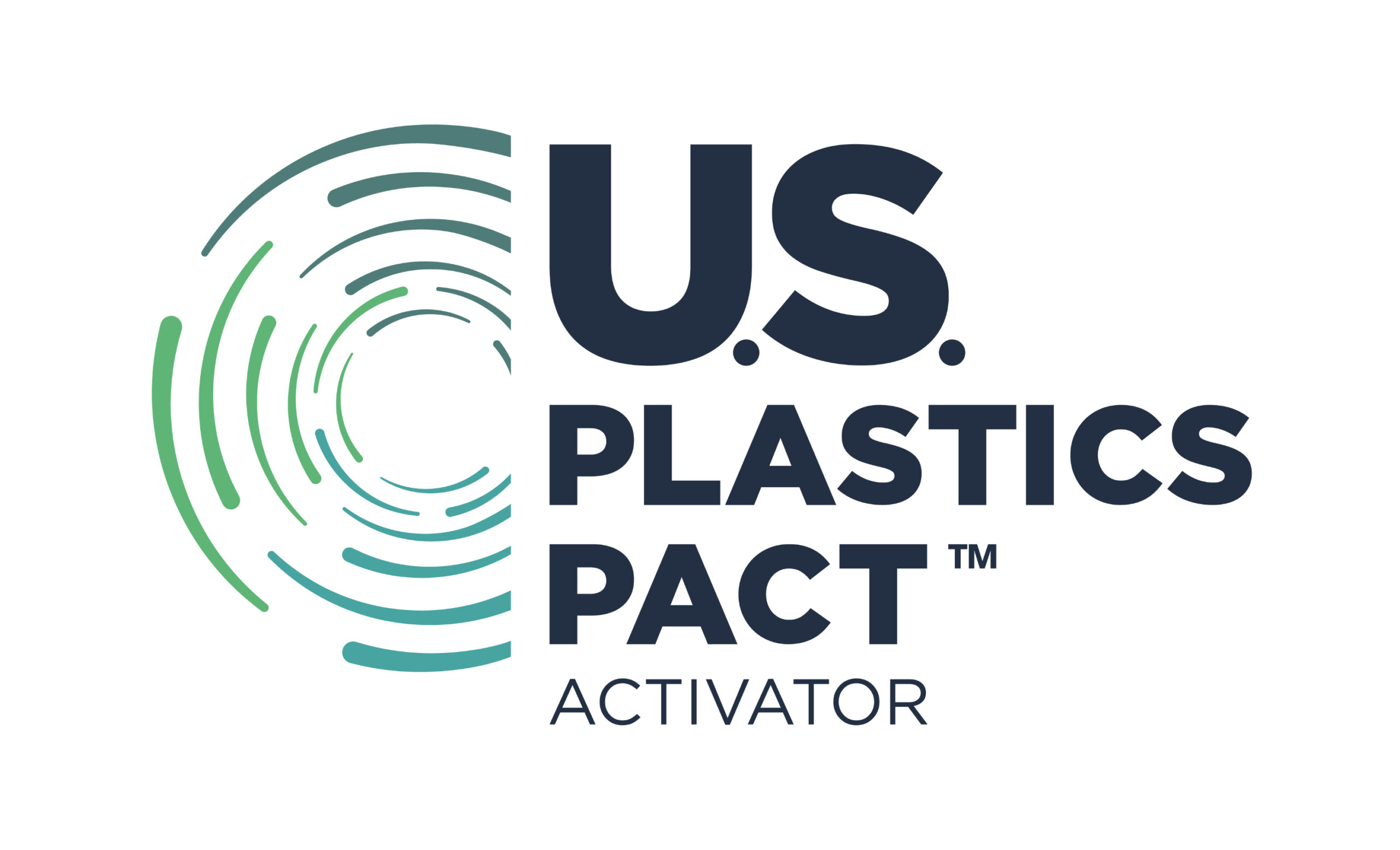Hello blog readers. My apologies for not posting for quite some time as I have been immersed in new administerial duties at Tecnon OrbiChem and we just released our latest Bio-Materials market commentaries. This month’s special report is about sustainable aviation fuel (SAF). We’ve also reported updates on pine chemicals and bio-based naphtha/renewable diesel. Some of our hot topics however are in compostable resins – PBS and PBAT, we’re receiving a lot of inquiries on these markets.
Speaking of plastics, the US Plastics Pact – a consortium led by the Recycling Partnership and World Wildlife Fund as part of the Ellen MacArthur Foundation’s global Plastics Pact Network – launched last month an aggressive national strategy to ensure all plastic packaging in the USA will be reusable, recyclable or compostable by 2025. The “Roadmap to 2025” is supported by 100 corporations, start-ups, research entities, NGOs, universities and state and local governments across the plastics packaging value chain. The roadmap includes mandatory reporting and specific timeframes in order to realize meaningful and targeted outcomes for a circular economy for plastics.
“The time frame is short, and the workload is immense, but if we choose to do nothing, the visions of a circular economy across the U.S. will give way to the status quo. We look forward to working with all our members to drive this critical change.”
The U.S. Pact, which was formally launched in August 2020, developed the Roadmap to ensure systemic change and accelerate progress toward four specific targets that address plastic waste at its source:
- Define a list of packaging to be designated as problematic or unnecessary by 2021 and take measures to eliminate them by 2025.
- 100% of plastic packaging will be reusable, recyclable, or compostable by 2025.
- By 2025, undertake ambitious actions to effectively recycle or compost 50% of plastic packaging.
- By 2025, the average recycled content or responsibly sourced bio-based content in plastic packaging will be 30%.
The Roadmap is driven by U.S. Pact Activators who utilize working groups to leverage extensive experience from existing programs, optimize investments, identify gaps, and aid in pooling funding for areas in need. The Roadmap reflects national priorities and realities while propelling the U.S. closer to other developed nations in its management of plastic waste.
Meanwhile in Europe, 10 single-use plastic products that include cotton bud sticks, cutlery/plates/straws/stirrers, balloons and sticks for balloons, food containers, cups for beverages, beverage containers, cigarette butts, plastic bags, packets and wrappers, and wet wipes and sanitary items, are now banned from sale starting 3 July 2021. The same measure applies to cups, food and beverage containers made of expanded polystyrene and all products made of oxo-degradable plastic.
Under this new directive on single-use plastics (Directive EU 2019/904), specific targets include a 77% separate collection target for plastic bottles by 2025 – increasing to 90% by 2029, and incorporating 25% of recycled plastic in PET beverage bottles from 2025 and 30% in all plastic beverage bottles from 2030. The directive also requires EU Member States to quantitatively reduce the consumption of certain single-use plastics for which there is no alternative by 2026 with the consumption of these products in 2022 as a baseline.
There is currently no EU law that applies to bio-based, biodegradable and compostable plastics in a comprehensive manner. As part of the EU Circular Economy Action Plan, the EU Commission announced the adoption of a policy framework on the sourcing, labelling and use of bio-based plastics, and the use of biodegradable and compostable plastics.
In December 2020, the European Commission’s independence Group of Chief Scientific Advisors delivered a Scientific Opinion on the “Biodegradability of Plastics in the Open Environment.” The scientists recommended limiting the use of biodegradable plastics to specific applications for which reduction, reuse and recycling are not feasible, rather than as a solution for inappropriate waste management or littering. The European Commission is expected to publish the legislative proposal in 2022/2023.
In New Zealand, the government recently announced plans to phase out single-use plastics between 2022 and 2025 that will include plastic drink stirrers, straws and cutlery as well as PVC and polystyrene food and drink packaging. The government also announced a $50 million pledge to the Plastics Innovation Fund, which will launch in November to help businesses find alternatives to plastic packaging. New Zealanders reportedly throw away an estimated 159 grams of plastic waste per person every day.




